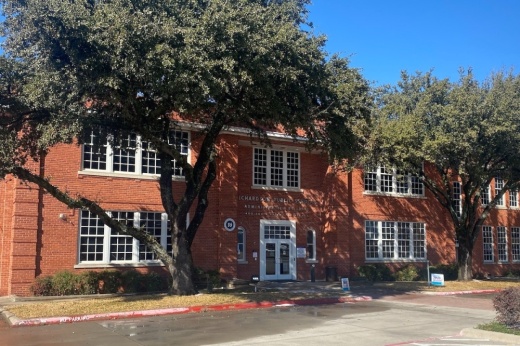The RISD board of trustees unanimously approved a resolution stating its intentions to oppose the legislation, which is a priority for Gov. Greg Abbott in the current session, and any similar voucher proposals, during an April 13 meeting.
“We need Austin to fully fund public education so we can meet the demands we have,” Superintendent Tabitha Branum said during the meeting. “We don’t need the state to create an entitlement program that we know we can not sustain. Until you fully fund public education, do not use these funds in a way that is going to hurt us.”
The proposed legislation would give families $8,000 in public funds for those who leave public schools to spend on private schools or other educational costs. Only students currently enrolled in public school would be eligible for the funds.
According to a March 22 fiscal note from the Legislative Budget Board, the state government assumes 25,000 children will leave public schools for the program in the first year, which would begin in the 2024-25 school year. The analysis expects enrollment in the program to grow to just under 42,000 students by 2028.
A major concern for RISD is the lack of accountability for schools under the proposed voucher system. One of the boards’ legislative priorities was to ensure that state funding or tax dollars used to fund education would be held accountable to taxpayers.
While public schools are required to adhere to academic accountability and financial standards, the proposed voucher plan wouldn’t require private or home schools to be held to the same standards. According to RISD officials, private and home schools are not required to disclose test results, graduation rates and other performance measures to the public.
According to RISD Government Affairs Liaison Liz Morse, Texas school districts had not received an increase in funding since 2019, with current state proposals not providing enough funding to make up for inflation. Because of this, Morse said the board is arguing the state should not use tax dollars to fund other educational systems until public schools are fully funded.
“This is only going to hurt kids, drain funds and limit the ability to give teachers a fair wage for the work that they do,” Trustee Eric Eager said at the meeting. “We’re just trying to provide a fair and equitable rate for our teachers to stay in the profession. To see this constant draining [of funds] and not acknowledging it is why we need to make sure this does not pass.”
For more information on the district’s approved resolution, click here.





